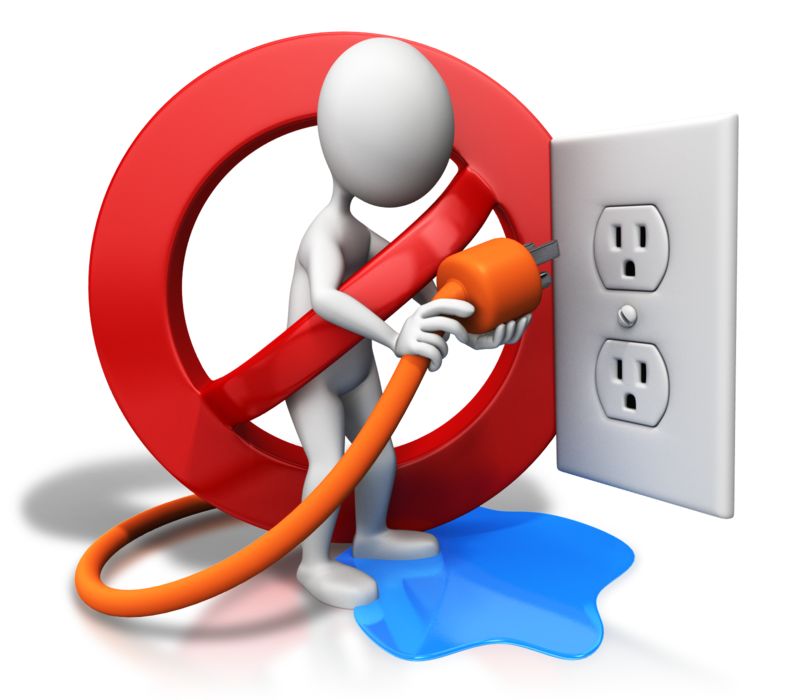Electrical work is an essential part of modern life, but it also comes with risks if proper safety measures are not followed. From minor shocks to severe injuries or fires, ignoring safety protocols can have serious consequences. For aspiring electricians and trade school students, understanding and practicing electrical safety is critical for personal well-being and professional success.

In this blog, we will discuss essential tips to prevent accidents and injuries while working with electricity.
1. Always Turn Off the Power
Before starting any electrical work, ensure the power is turned off at the main switch or circuit breaker. Use a voltage tester to confirm that no live current is present.
Why It’s Important:
- Prevents electrical shocks or electrocution.
- Ensures a safe environment for repair or installation work.
Tip: Label the circuit breaker to inform others that you are working on the system.
2. Wear Appropriate Personal Protective Equipment (PPE)
Using proper PPE like insulated gloves, goggles, and boots can protect you from potential electrical hazards.
Why It’s Important:
- Prevents injuries caused by electrical shocks or sparks.
- Protects against burns from accidental contact with live wires or components.
Tip: Use PPE that meets industry standards and inspect it regularly for wear and tear.
3. Inspect Tools and Equipment
Regularly check your tools and equipment for damage, such as frayed wires, broken insulation, or loose connections.
Why It’s Important:
- Ensures tools function correctly, reducing the risk of accidents.
- Prevents electrical shocks caused by faulty tools.
Tip: Replace damaged tools immediately and store them in a dry, safe place.
4. Understand Circuit Load Limits
Overloading circuits can lead to overheating, which increases the risk of fire or equipment damage. Always calculate the load before adding new devices or components.
Why It’s Important:
- Prevents tripping of circuit breakers and potential electrical fires.
- Ensures the longevity of electrical systems and appliances.
Tip: Use a load calculator or consult a professional to determine the circuit’s capacity.
5. Work in a Dry Environment
Water is a conductor of electricity, making wet environments highly dangerous for electrical work. Ensure your workspace is dry and free of spills.
Why It’s Important:
- Prevents electrical shocks caused by contact with water.
- Reduces the risk of equipment damage due to moisture.
Tip: Use insulated mats and tools to provide additional protection when working near water.
6. Follow Wiring and Color Codes
Electrical systems use standardized wiring and color codes to ensure safe and efficient installations. Understanding these codes helps avoid errors and ensures compliance with regulations.
Why It’s Important:
- Prevents accidents caused by incorrect connections.
- Makes troubleshooting and maintenance easier.
Tip: Always double-check connections and refer to the wiring diagram before finalizing any work.
7. Keep Fire Extinguishers Nearby
Electrical fires require specific extinguishers designed for Class C fires. Keeping a fire extinguisher close to your workspace can help control emergencies.
Why It’s Important:
- Allows quick response to electrical fires, minimizing damage.
- Prevents the fire from spreading to other areas.
Tip: Learn how to use a fire extinguisher and ensure it is inspected regularly.
8. Stay Updated on Safety Standards
Electrical safety standards are constantly evolving. Stay updated with the latest guidelines and regulations to ensure your work meets industry requirements.
Why It’s Important:
- Ensures compliance with laws and reduces liability risks.
- Improves the overall safety and efficiency of electrical installations.
Tip: Attend workshops or training programs to stay informed about safety updates.
Conclusion
Electrical safety is a critical aspect of working in the electrical trade. By following these tips—such as turning off power, using PPE, and inspecting tools—you can prevent accidents and injuries while ensuring efficient work. Remember, safety should always be your top priority. Start practicing these safety measures today and build a strong foundation for a successful career in the electrical trade.